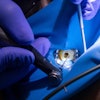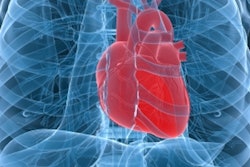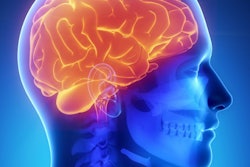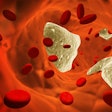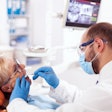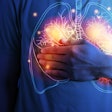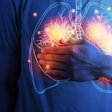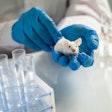
Can good oral hygiene help your patients recover from a heart attack? The same bacteria that cause periodontitis also inhibited blood vessel healing in an animal study, presented at the Frontiers in CardioVascular Biology congress in Vienna, Austria, on April 20.
Cardiovascular disease is a leading cause of death worldwide. French researchers tested their theory that Porphyromonas gingivalis bacteria enter a patient's bloodstream through bleeding gums and then attach to atherosclerotic or clogged arteries, which hampers the healing process after a heart attack or similar event.
"Our previous research in rats found periodontal bacteria in severely atherosclerotic arteries, suggesting that these bacteria may be the link between gum disease and cardiovascular disease," noted Sandrine Delbosc, PhD, in a statement by the European Society of Cardiology (ESC).
Frontiers in CardioVascular Biology is the annual congress of the ESC Council on Basic Cardiovasuclar Science. Dr. Delbosc is affiliated with the French Institute of Health and Medical Research.
Oral health not considered
Previous research has found evidence that periodontal disease may increase the risk of cardiovascular disease in patients, particularly those with atherosclerosis. Cardiovascular disease prevention has focused on risk factors such as hypertension, diabetes, and other conditions, while not taking into account a patient's oral hygiene, according to the French researchers.
“Good oral health could significantly improve the outcome of patients who have an acute cardiovascular event.”
They wanted to see what happened if P. gingivalis was injected into the bloodstream of mice with atherosclerosis once a week for four weeks. A control group received a saline solution injection.
Almost 70% (23 out of 34) of the mice injected with bacteria died compared with 35% of the control mice (8 out of 23; p < 0.05). In their congress poster presentation, the researchers reported that death was caused by impaired aortic healing and a resulting rupture of the aorta. Mice injected with bacteria had P. gingivalis at the site of aortic rupture.
A subsequent analysis in mouse cells showed that gingipain, an enzyme produced by P. gingivalis, inhibited immune cells' repair function. The role of gingipain was crucial, Dr. Delbosc noted.
"Our study shows that the bacteria that cause gum disease impair the healing and repair of arteries," she stated. "This impaired healing may be due to an enzyme produced by the bacteria that stops the body's immune cells from repairing the arteries."
However, this was an animal study that needs to be replicated in humans, according to Dr. Delbosc. Her research group is designing such a study.
The researchers concluded, though, that brushing and flossing can help patients who had an acute cardiovascular event.
"Periodontitis can be prevented with flossing and brushing," Dr. Delbosc stated. "Our study suggests that good oral health could significantly improve the outcome of patients who have an acute cardiovascular event."


